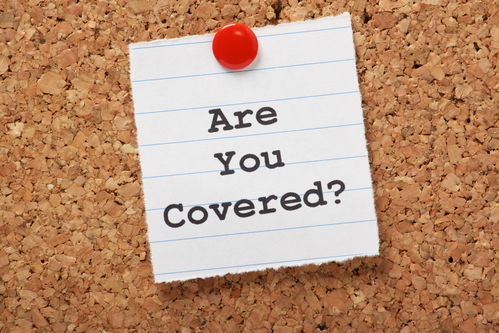
Should Personal Injury Protection (PIP) be Primary or Secondary?
Personal Injury Protection
Do you have health insurance? If so, you may be able to designate your health insurer as your primary source of medical care should you be injured in an automobile accident.
If an accident occurred, your health insurer would pay first, and your auto insurer would provide secondary coverage through Personal Injury Protection (PIP).
Personal Injury Protection (PIP) pays if you or other persons covered under your policy are injured in an auto accident. It is sometimes called “no-fault” coverage because it pays your own medical costs no matter who caused the accident.
PIP has two parts:
- Medical expense coverage: Coverage for the cost of treatment you receive from hospitals, doctors and other medical providers and any medical equipment that may be needed to treat your injuries.
- Additional PIP coverage: Reimbursement for certain other expenses you may have because you are hurt, such as lost wages and the need to hire someone to take care of your home or family. You may purchase both parts of PIP coverage or medical expense coverage only, depending upon your needs.
Most New Jersey drivers buy $250,000 worth of PIP, a higher amount than drivers typically purchase in other states.
This may yield premium savings, but you must ask yourself some questions before making this decision:
- Does your health coverage provider cover injuries from automobile accidents? A health coverage provider may be an insurance company, an HMO or some other type of benefit plan provided by an employer. Check with your health coverage provider to be sure it will cover injuries from automobile accidents.
- If your primary and/or secondary health insurer provides coverage, what are the requirements for limits, deductibles, co-payments and pre-certification? The deductibles and co-payments of your health policy or plan will apply to treatment for injuries from auto accidents. In addition, the coverage limits of your health policy or plan will also be in effect. Your automobile insurer will only pay for necessary expenses not covered by your health policy or plan.
- Do you have Medicare or Medicaid? You cannot select Medicare or Medicaid as your primary health insurer for auto accidents. However, Medicare or Medicaid may provide coverage on a secondary basis, such as when the costs of your care exceed the PIP limits in your auto policy.
- What if I lose my health coverage? If you are in an accident and your health coverage is no longer in effect, your auto insurer will pay PIP medical benefits. However, you will be required to pay an additional $750 deductible.
Remember: Choosing your health insurer for personal injury protection option may reduce your premium, but you need to make sure that your health insurer would provide adequate coverage if you were injured in an auto accident.
All content provided in this blog is for informational purposes only. Topics discussed on this blog relate to insurance products and issues in a general application, and are not an offer of insurance, a guarantee of coverage, or applicable to specific and individual circumstances. Contact LG Insurance Agency for questions and information specific to your insurance needs.
Blog